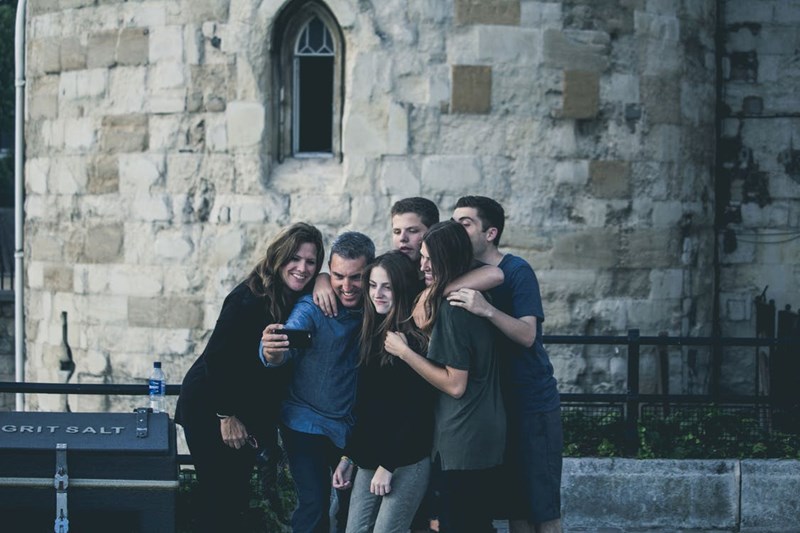We are currently only able to issue travel insurance policies for travellers who have had two or more vaccinations for COVID-19 at the time of policy purchase, unless they are 0-17 years of age.
This is due to the different and ever-changing vaccination status requirements for airlines, cruise lines, visas and entry into countries.
Yes (2 or more vaccinations for COVID-19)
This means at the time of purchasing your policy, all travellers who are 18 years of age or older that you are purchasing this policy for have had at least two vaccinations for COVID-19.
While more than two COVID-19 vaccinations are not required to be eligible to buy a policy, you may wish to consider the Australian Technical Advisory Group on Immunisation recommendations regarding additional COVID-19 boosters you are eligible for, prior to your travel, as COVID-19 may still be considered a health risk when travelling.
All vaccinations must be any combination of vaccinations currently approved for use or recognised by the Australian Government Department of Health and Aged Care Therapeutic Goods Administration.
No (1 or 0 vaccinations for COVID-19)
This means any of the travellers who are 18 years of age or older have not received any vaccinations or only had one vaccination or have received vaccinations that are not vaccinations currently approved for use or recognised by the Australian Government Department of Health and Aged Care Therapeutic Goods Administration.
You are not eligible to buy a policy if you are 18 years of age or older and are not double vaccinated for COVID-19 at the time of policy purchase. Having a COVID-19 vaccination exemption does not make you eligible to buy a policy as we are unable to conduct a medical screening to consider your personal circumstances. Proof of double vaccination for COVID-19 at the time of policy purchase may be required for all claims directly or indirectly related to COVID-19.
Vaccination requirements will change over time as the travel industry gains more experience. You can ask us for more details. In the meantime, the Insurance Council of Australia can advise other insurers who may be able to provide you with cover.
 †
†









